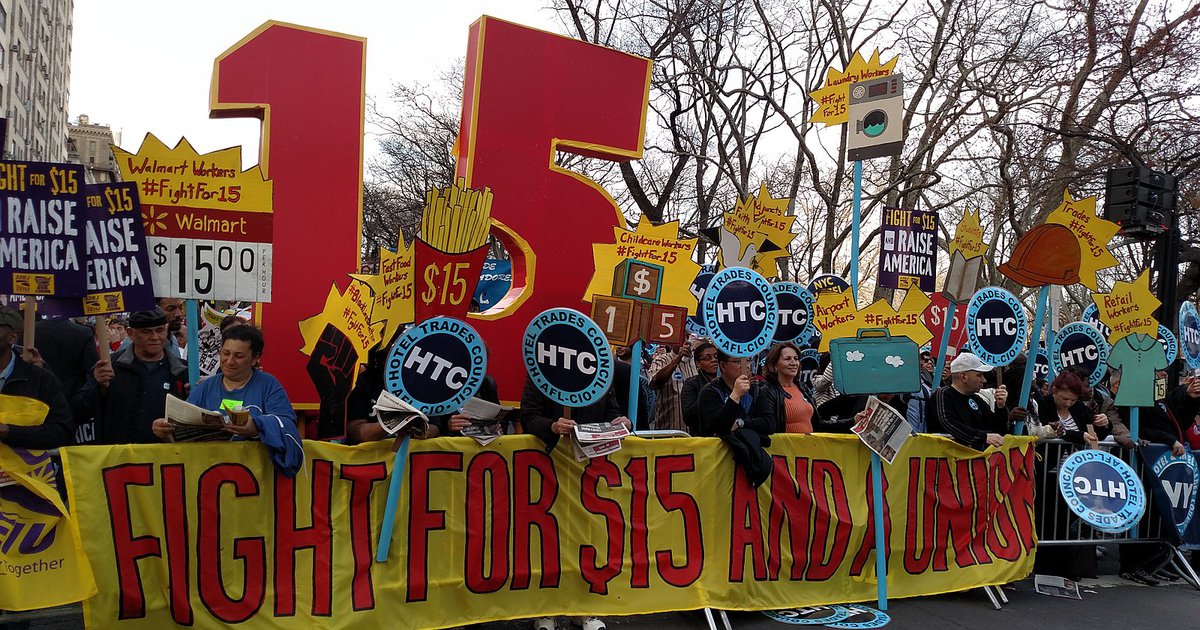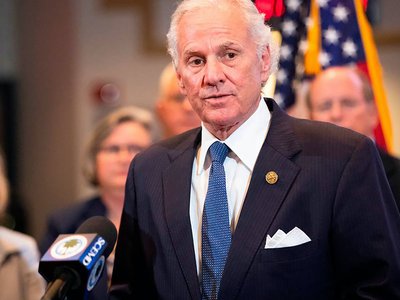Academics, workers, and small business owners say the Democratic push to raise the minimum wage to $15 an hour could cut 2 million jobs and hurt the workers lawmakers are claiming to help.
On Wednesday, Democrats led by Sen. Bernie Sanders (I., Vt.) introduced a bill to raise the minimum wage wage from $7.25 an hour to $15 by 2024, while also eliminating the tipped wage credit by 2027.
"The current $7.25 an hour minimum wage is a starvation wage," he said. "We're going to have a minimum wage that is a living wage."
Prof. David Macpherson, chairman of Trinity University's economics department, said that such an increase would be unprecedented, but not in the manner Sanders describes. While only 3 percent of hourly workers work under the minimum wage today, the increase would instantly bring 44 percent of them under that umbrella. Despite that large increase, it would not alleviate the poverty rate as employers, particularly small businesses, eliminated jobs to offset the increased costs. Macpherson, using Congressional Budget Office methodology, found that 2 million jobs would be lost under a $15 rate with the most heavy losses coming in poorer states.
"The job loss would be greater in Mississippi than wealthier states like New York," he said.
Heidi Mann, who operates a small franchise business of Subway restaurants in Washington state, said that the threat of lost jobs and shuttered businesses is real. She was forced to lay off four of her seven employees at a Seattle location after the city passed a $15 minimum wage and shortened the business hours to make do. Her Seattle location will most likely shutter by March of 2020 as customers go elsewhere.
Study: Dem Wage Hike Will Cut 2 Million Jobs
A $15 minimum wage could hurt more than it helps...






